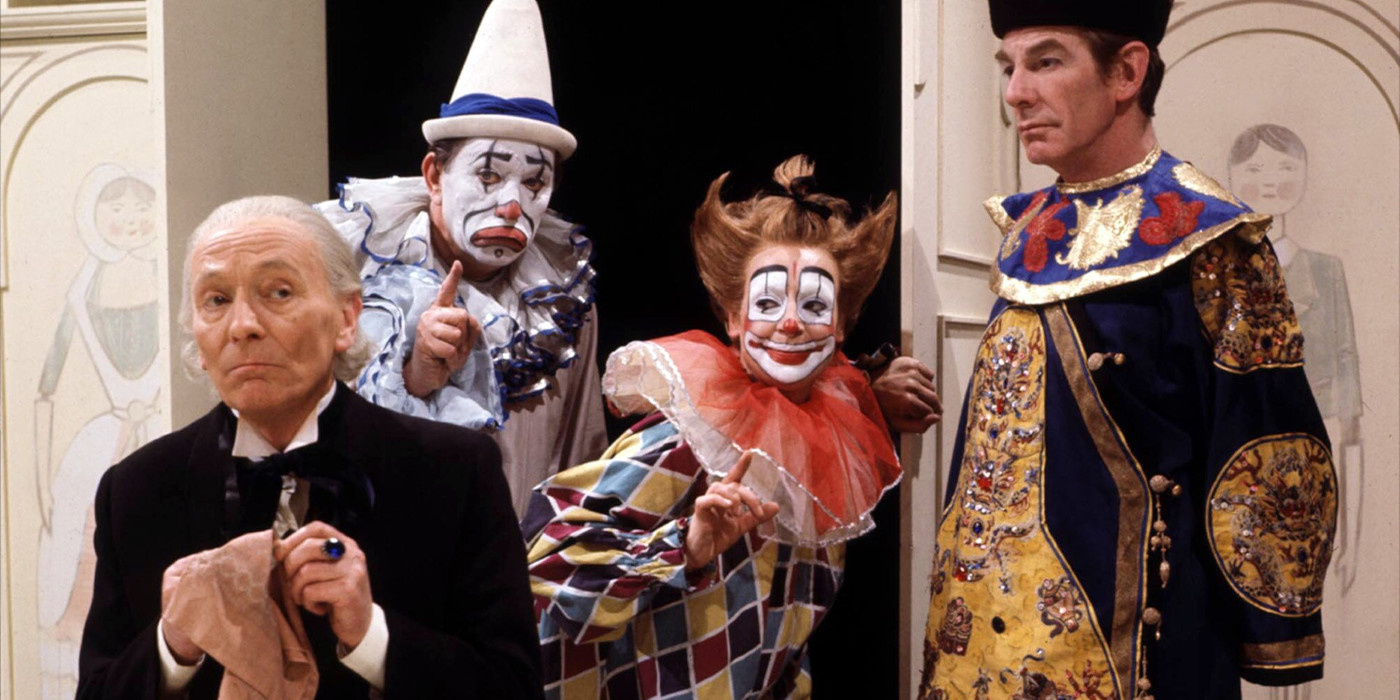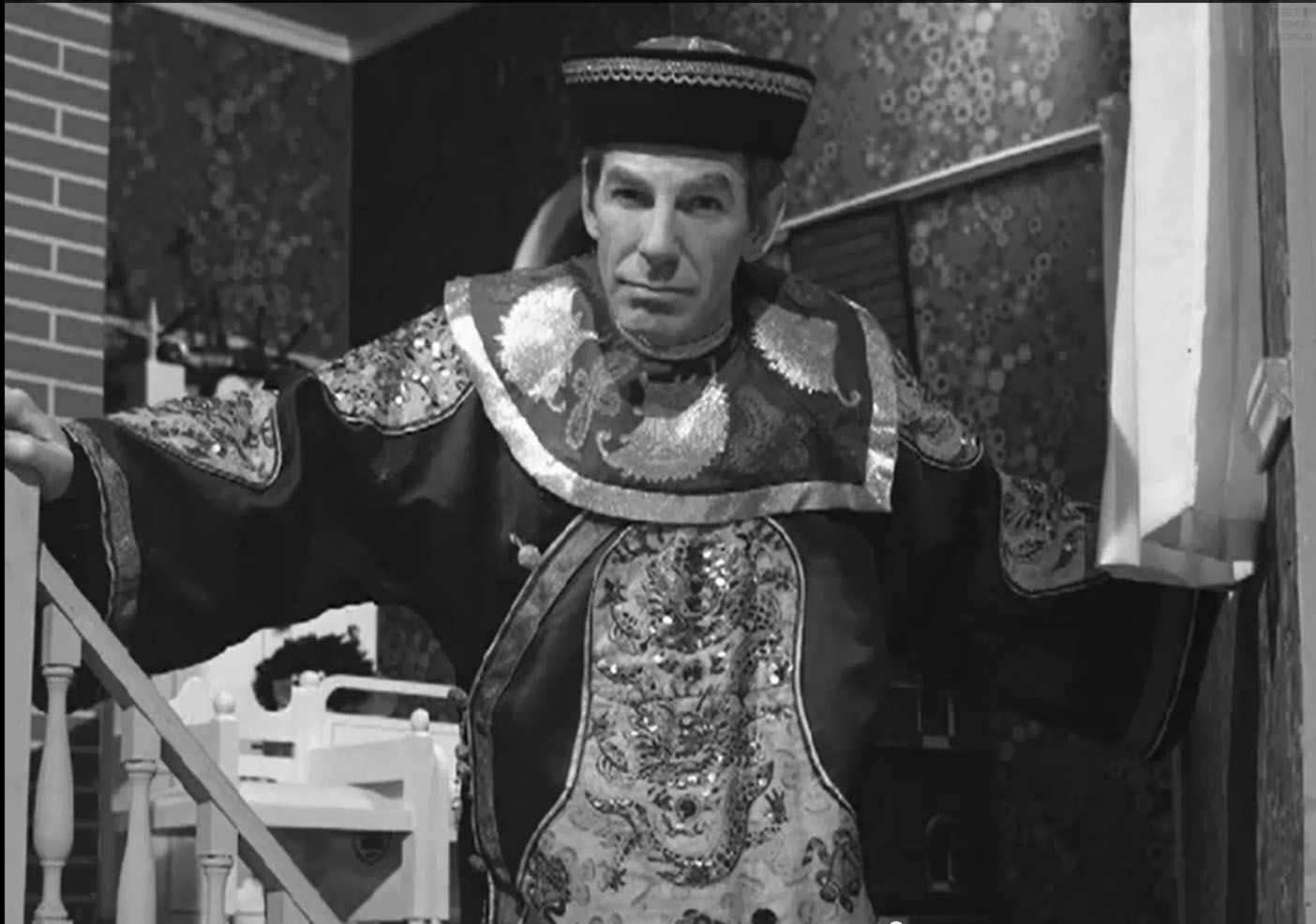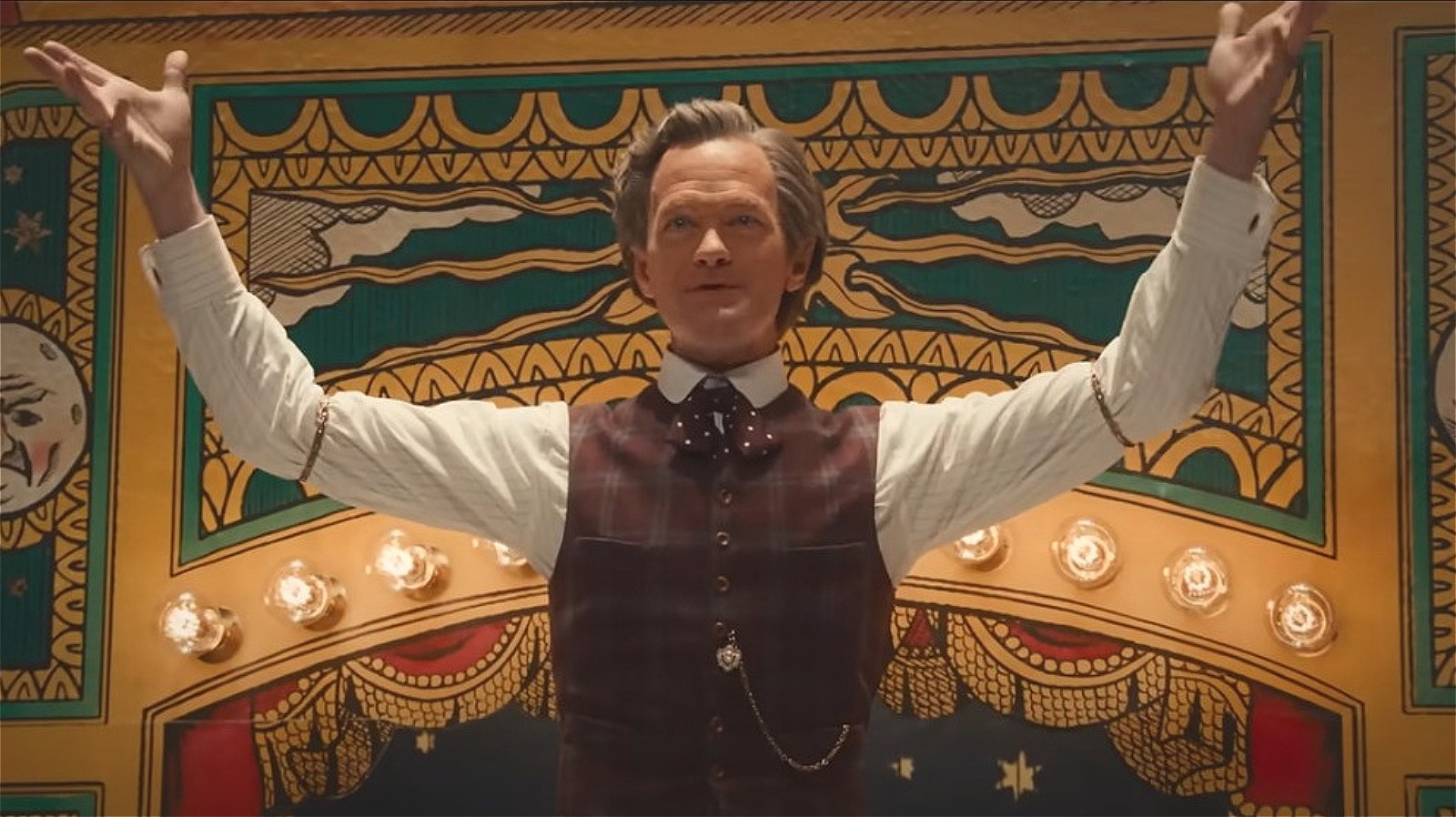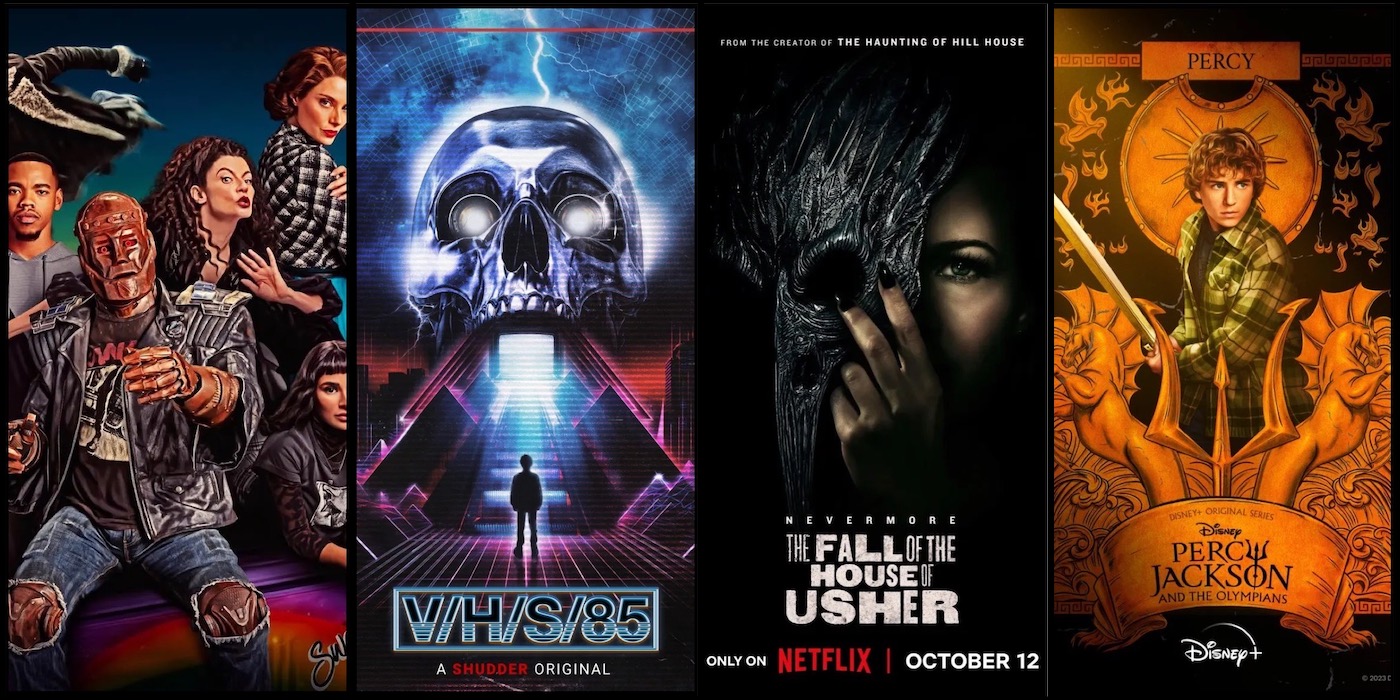Doctor Who vs. The Toymaker (and Why It Matters)

The return of Catherine Tate and David Tennant to Doctor Who means fixing the end of Donna Noble. But it means fixing something else, too.
People love the Russell T Davies era of Doctor Who. It gives us fantastic companions like Rose and Martha. It gives us Captain Jack Harkness and his spin-off series Torchwood. Sarah Jane Smith and K9 return and finally get a series that’s actually picked up.
And of course, Davies is responsible for the Donna Noble and the Doctor Donna storyline which brings all the threads of his era together into one massive adventure – “Journey’s End”.
However, as much as people love watching the whole TARDIS gang reunite, the end of that story is contentious, even now 15 years later. And the reason for that is very simple: Donna Noble gets the bad ending. Donna Noble doesn’t die saving reality, but she has all her memories erased. If she remembers the Doctor, Donna Noble will die.
And people hate that! Donna Noble, the best temp in Chiswick, 100 words per minute, and savior of all creation has no memory of her time with the Doctor or anything they did together. It stinks.
Do you know what else stinks? The literal erasure of so many episodes of classic Doctor Who. Like Donna’s memories, many William Hartnell and Patrick Troughton era Who serials are simply gone. One serial “The Celestial Toymaker” only has one episode remaining. As a result, the titular toymaker is unknown to most Whovians.
However, thanks to the Doctor Who 60th anniversary both Donna Noble and the Toymaker are about to get their groove back. The synchronicity cannot be accidental.
The Tragedy of the Celestial Toymaker
It is April 2, 1966. Doctor Who is in its third season. After an inauspicious start, the show is already finding its place in the hearts of children. Tonight the first serial of “The Celestial Toymaker” airs. It’s a tale of one of a malevolent immortal who uses his powers to play fatal games with victims–and he hates to lose.
This is our first meeting with the Toymaker, but he’s an old adversary of the Doctor. And as the Doctor’s companions, Steven and Dodo face a series of increasingly deadly games to regain the TARDIS, the Doctor himself faces the Toymaker in a ten-piece Trilogic puzzle game. And the Doctor is at a distinct disadvantage: the Toymaker has taken his very corporeal body.
“The Celestial Toymaker” should be a great story. But despite the casting of legendary actor Michael Gough in the title role, it’s not much to write home about. Most of Brian Hayles’ original script doesn’t make it to the screen, nor does script editor Donald Tosh’s rewrite. Unfortunately, a lack of funding eventually leads Gerry Davis to pen a much more simple version of the story focusing on childish games.
Compounding the loss of what could’ve been is the loss of what actually was. Three of the four “Celestial Toymaker” episodes were lost by the BBC. It’s possible some collectors may have recordings from the show’s first transmissions. However, there’s another way to honor this largely forgotten nemesis–by bringing him back.
Doctor Who 60th and the Toymaker’s Return
“The Final Test,” “The Celestial Toymaker’s ending episode leaves the door open for a return that never comes. The Toymaker wants to destroy the Doctor, but he also wants the Doctor to work for him. The Toymaker sees the Doctor and the TARDIS as toys he can use to wreak havoc on the universe.
The Doctor defeats the Toymaker, destroying his entire world in the process. However, the Doctor is explicit: as an immortal, the Toymaker will never die. And, in fact, the Toymaker will continue making new worlds he can lure unsuspecting victims into. The Doctor even tells Dodo that someday he will have to face the Toymaker again.
The Doctor Who 60th Anniversary specials serve a dual purpose. They are a chance to give Donna Noble and the Doctor a better ending. But they’re also a chance to bring back the Toymaker and finally give him a story worthy of the concept behind him.







